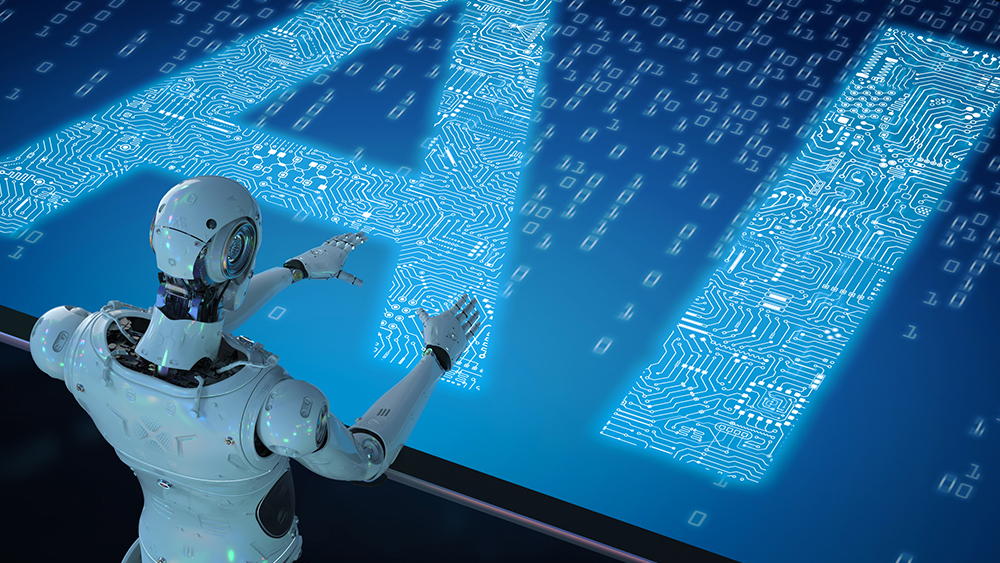Introduction
Medical imaging has been a cornerstone in the healthcare industry, helping doctors diagnose and monitor conditions with accuracy and speed. But recent advancements in artificial intelligence (AI) are taking medical imaging to a new level, allowing for faster diagnosis, enhanced precision, and more personalized treatment plans. Let’s explore how AI is transforming medical imaging and what this means for the future of healthcare.
1. Enhanced Diagnostic Accuracy
AI algorithms are capable of analyzing large datasets and recognizing patterns with remarkable accuracy. In medical imaging, this translates to more precise diagnostics, as AI can detect subtle signs that may be overlooked by the human eye. From detecting early-stage cancers in mammograms to identifying brain abnormalities in MRIs, AI-powered imaging tools help radiologists and clinicians diagnose conditions earlier and more accurately.
Key Benefits:
- Reduced error rates in diagnosis
- Early detection of complex diseases

